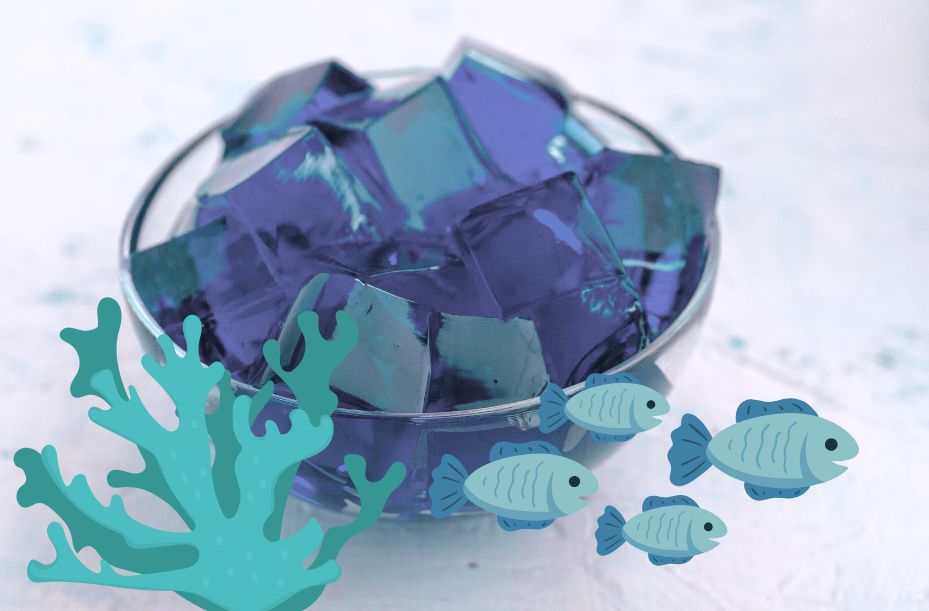
Explore, Discover and Win!
Challenges and investigations for you to try at home. Enjoy the entries into our competition!
Make sure you discuss your project with an adult before you start as some of these experiments will need adult supervision.
Our competitions have now closed
Check back soon to explore all of the entries!
Experiments around the theme
of change and adapt…
The theme for this year’s British Science Week is ‘change and adapt’! We’ve gathered some of our favourite activities for you to try (with adult supervision). Engineer those thoughts and see what you can transform. Take photos or videos as you go and enter your experiments and challenges into our competition!
Dr Stephen Ward-Smith’s experiment
Learn about particle sizes
with Dr Stephen Ward-Smith
through chocolate!
You will need…
Chocolate 1 – Cadbury’s Dairy Milk.
Chocolate 2 – Galaxy
Scientist, Dr Stephen Ward-Smith wants to get you thinking about particle sizes and how they can impact every days things like… chocolate! So get your chocolate ready and do the taste test. Let us know your findings by entering them into our competition!
Download the chart demonstrating the differences in particle sizes >

CHEMISTRY
Create colourful bouquets
Show how you can change and adapt flowers from their natural colours by learning how capillaries work.
Or follow Jared’s instructions!
Materials: White flower (rose), cup or beaker X4, food colouring, knife
Steps:
- Ask an adult to help you make two cuts to the stem of the rose 2/3rds of the way down all the way sown to the bottom so the stem so its split into 4 parts
- Fill each cup/beaker with water
- Add a few drops of different colour food colouring to each glass
- Carefully place a section of stem into each of the cups
- Let it sit for a few days
- Watch as the water from each of the cups gets drawn up into the flower changing the colour of the pedals of the flower
PHYSICS
Make a balloon into a rocket racer
Send a balloon blasting down a track, you just need a balloon, straw and some tape! Watch Science Fun for Everyone’s YouTube video to find out how!
Or follow Jared’s instructions:
Materials: Sting, straw, tape, balloon
Steps:
- put the string through the straw
- tie off the string to two objects in the room so the string is tight (from a doorknob to the leg of a chair
- tape the neck of the balloon loosely to the straw
- inflate the balloon and let it go
- if you set up two side by side you can race them
CHEMISTRY
Make your own
DIY snow
Get hands-on with science and make homemade snow! Find out how on the Hands On Science YouTube video.
Or follow Jared’s instructions:
Materials: Baking Soda Shaving Cream A bowl
Steps:
- Pour 1/4 cup of baking soda into a bowl
- Add about 3 cups of shaving cream to the bowl
- Knead with your hands and keep adding as much baking soda/ shaving cream until you have a consistency you like

NATURAL SCIENCES
Do a BBC Science Challenge
Complete one of various BBC Science Challenges from celebrities who supported their Blue Peter Earthshot competition and document what you’ve learned.

TECHNOLOGY
Create a technology timeline with the Scout Association
Get crafty with the Scouts Association and show how technology has changed and adapted over time.
CHEMISTRY
Make your own rock candy
Make your own rock using sugar, water, food colouring and a little bit of magic! Watch In The Kitchen With Matt’s YouTube video to find out how. Make sure you ask an adult to help with any heating.

ECOLOGY
Make your own ocean ecosystem
Create your own mini ocean ecosystem with NASA Climate Kids. Can you show how the oceans have changed over time?
CHEMISTRY
Can you inflate a balloon without actually blowing it up?
Discover the chemical reactions that create change inside the balloon to inflate it! Watch the SciShow Kids video to find out how!

PHYSICS
Hot Wheels Braille Racer Challenges
The @HotWheels YouTube Channel has a whole host of activities dedicated to getting you engaged and discovering with the help of your cars. Plus you can apply for a free Hot Wheels Brailler Racer through the VICTA Science Fair!
Challenge time…
Other STEM activities and ideas to explore
Accessibility
In a bid to include as many ideas as possible, we understand some content and challenges may need parent or adult support to read and set-up. Please let us know about any particular difficulties you found and how these might be improved for future use. Get in touch at sciencefair@victa.org.uk













